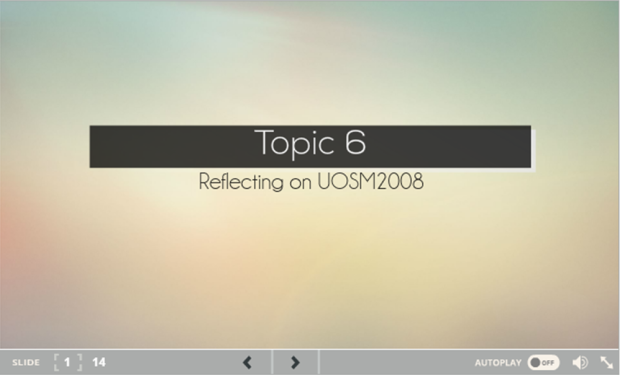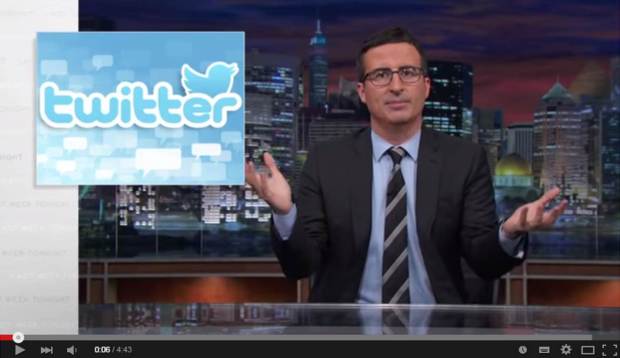
Topic 6 – Reflections
UOSM2008 has been a very rewarding, challenging and eye-opening module. It was a welcomed change from English Literature, and I not only acquired valuable digital literacy skills but an online identity which will undoubtedly assist future employment prospects.
My additional reflections have been collected in a PowToon below:
My Twitter, LinkedIn and about.me pages can be found here, or on the about.me widget on my homepage.
Continue reading →









